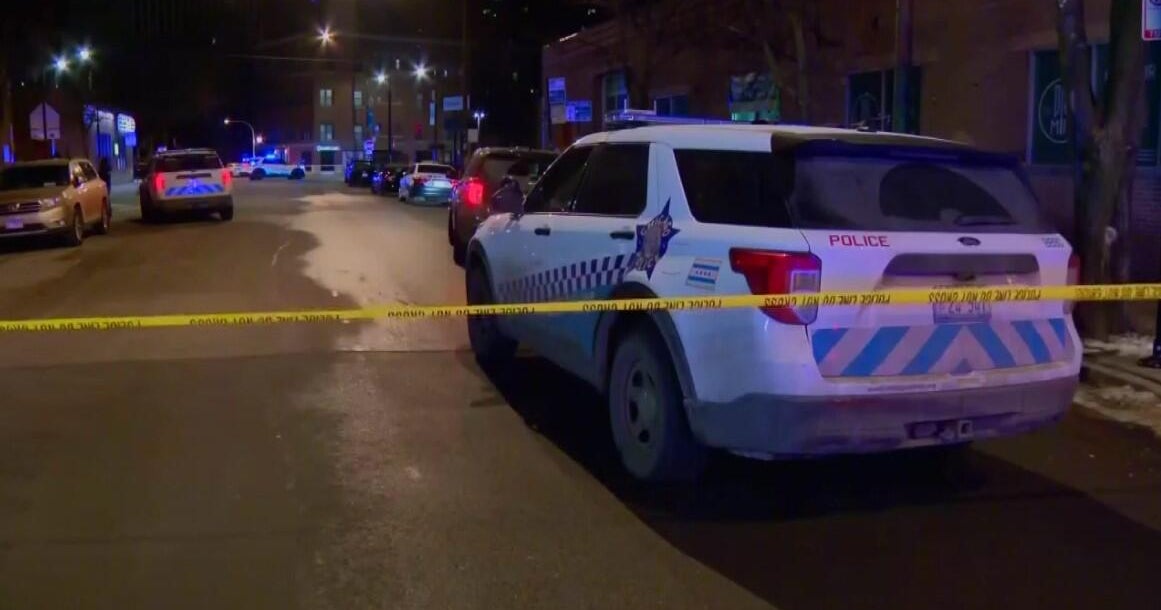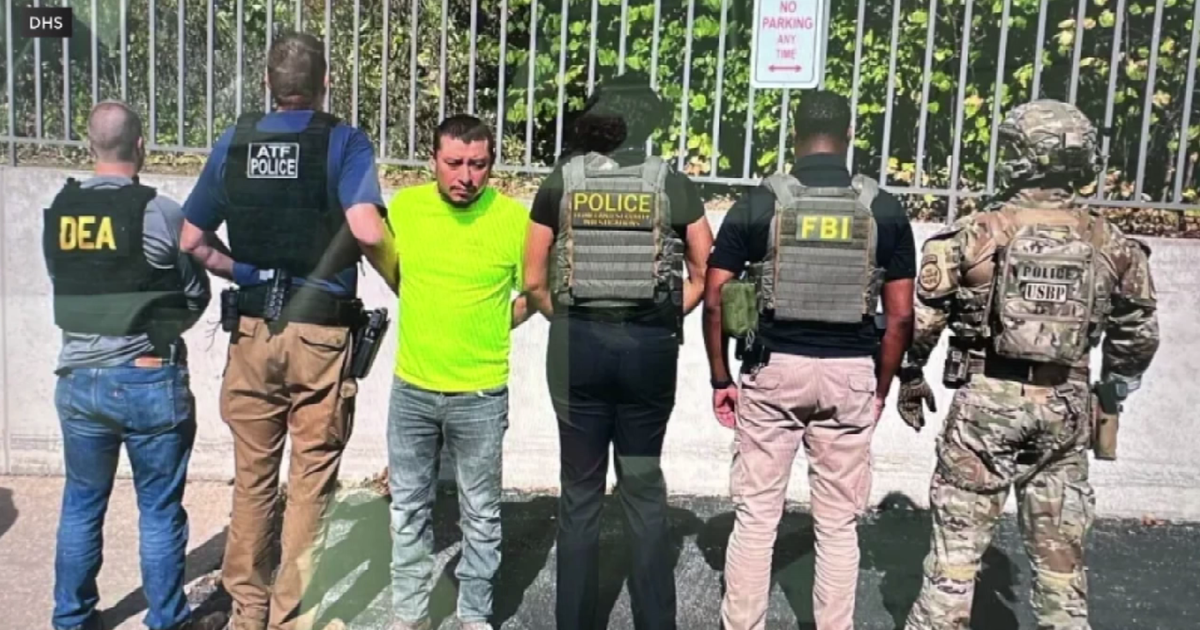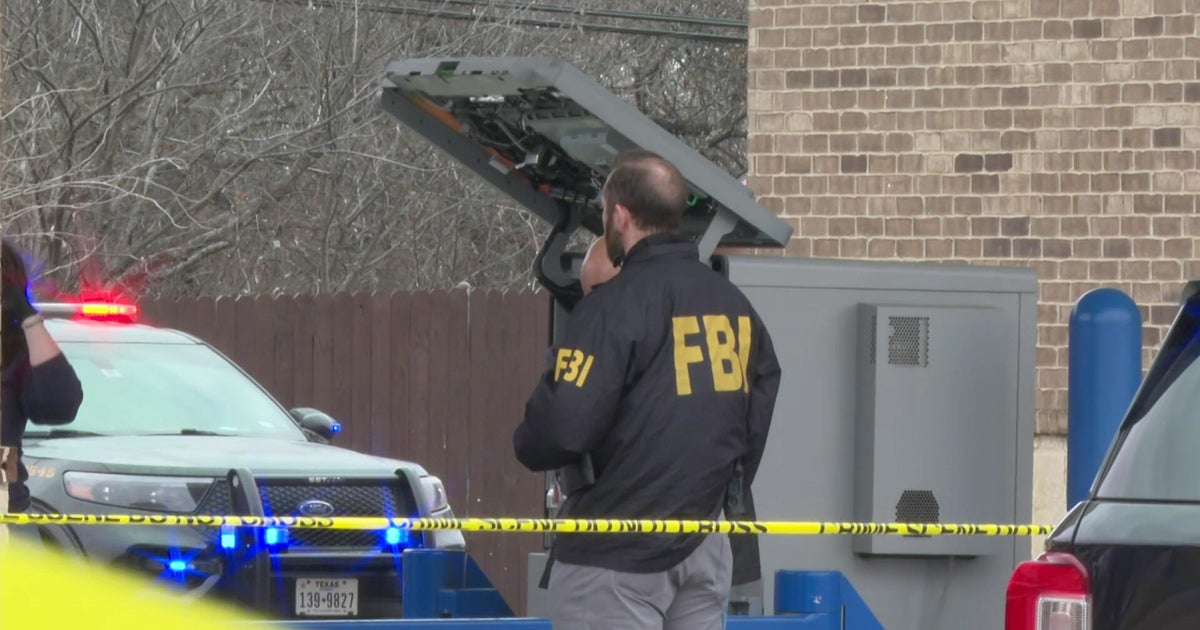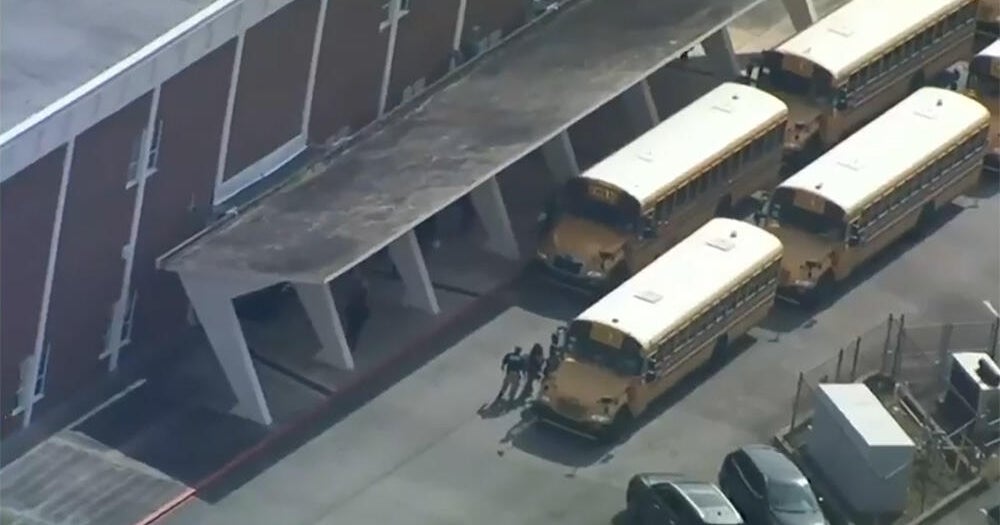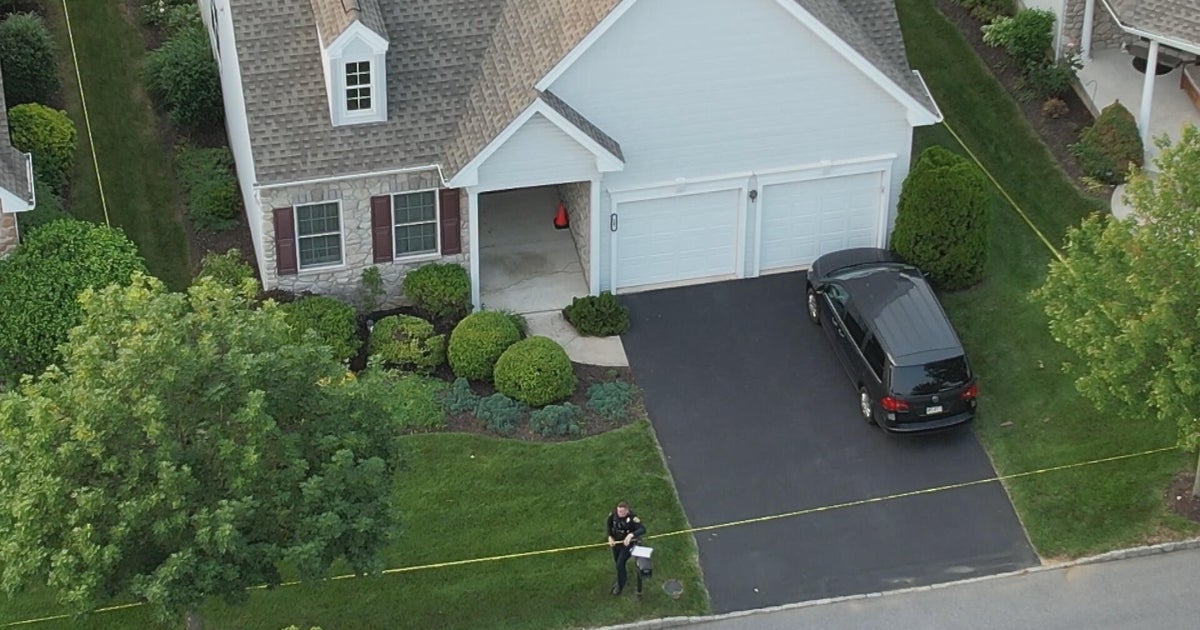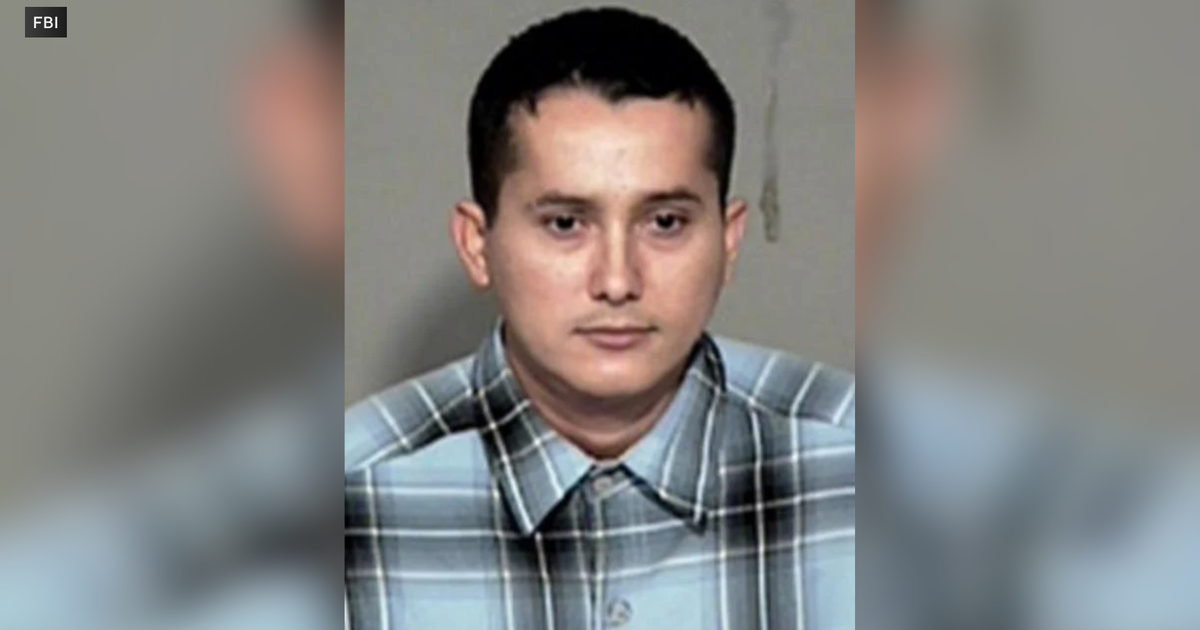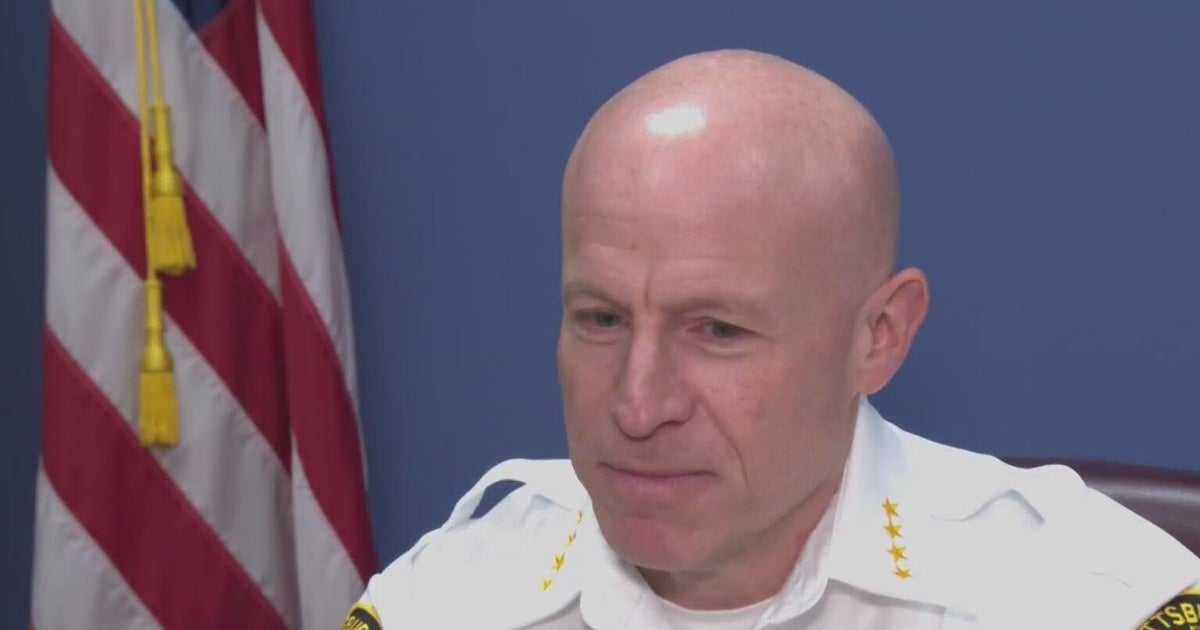Chicago Murder Rate Down In September; McCarthy: 'Something's Working'
CHICAGO (CBS) -- With Chicago's murder rate capturing national headlines, Police Supt Garry McCarthy is on the defense, touting recent progress his department has made in the fight against crime.
Still, headlines and news stories continue about murder after murder in Chicago, but are the numbers they telling the whole story?
McCarthy says no, and he took CBS 2's Mai Martinez on patrol to set the record straight.
On patrol Monday, McCarthy talked candidly about the bloodshed in Chicago that has drawn national attention.
"I can't go back and change what happened in March. I can't do it," McCarthy said, conceding that the year got off to a violent start.
"The shooting rate was up 40% and the murder rate was up 66% at the end of March for the year to date," he explained.
According to Chicago Police, as of Monday, murders in the city stood at 391 this year, compared to 313 for the same time period last year. At the same time, shootings were at 1850 this year, up from 1679 last year.
But McCarthy said those numbers reflect the violent start of the year, and not where the city stands now, with numbers trending down in high crime areas like Englewood which has seen a more than 40-percent drop in its murder rate.
"We had five consecutive months of shooting reductions. We had a very average month of August, and now in the month of September, we're down 30% in the murder rate, so something's working," he explained.
McCarthy credited the decline in murders and shootings to new initiatives, and his officers attacking the problem at its root – by going after street gangs.
According to McCarthy, about 80% of Chicago's murders are gang-related.
Because of that, McCarthy said he's pleased to have more officers on the streets.
Of course, many would like to see even more officers on patrol.
The Chicago Fraternal order of Police and the Chicago Crime Commission are among those calling on the city to hire more cops, but McCarthy said that's not necessary.
"We have more police officers per capita than any police department in the country a million people or more," he explained.
But the number of officers is down from recent years, in part because of positions that were eliminated and retirements.
When asked if the city needed more officers to police the streets, McCarthy replied, "I don't think so."
McCarthy and Mayor Rahm Emanuel repeatedly have touted the redeployment of more than 1,000 officers from other duties to the beats, but critics have pointed out about 450 of those officers came from two specialized city-wide units, Mobile Strike Force (MSF) and Targeted Response Unit (TRU), which were disbanded by McCarthy in 2011.
Members of those units were used to heavily saturate problem areas when needed, so McCarthy critics argue, those officers were already on the streets.
But McCarthy pointed out most of the officers redeployed were essentially working behind desks.
"We were able to find 600 officers that were doing something other than police work, and put them on the streets," McCarthy said.
When asked if he thought there was any correlation between the disbanding of the specialized units and the jump in the homicide rate this year, McCarthy answered, "absolutely not."
McCarthy said members of the disbanded teams are now assigned to one of three areas that cover the city, therefore putting them to better use in a specific area.
He said he likes the results he's seeing, but admitted there's still much work to do.
"The goal is zero shootings, zero murders, but it's going to take us awhile to get there," he explained.
McCarthy said gangs, guns and lack of family are behind most of the violent crimes, and bottom line, he say the current crime rate trends and the fear of crime just don't match up.
For a closer look at the numbers click here.
